Find Help
More Items From Ergsy search
-
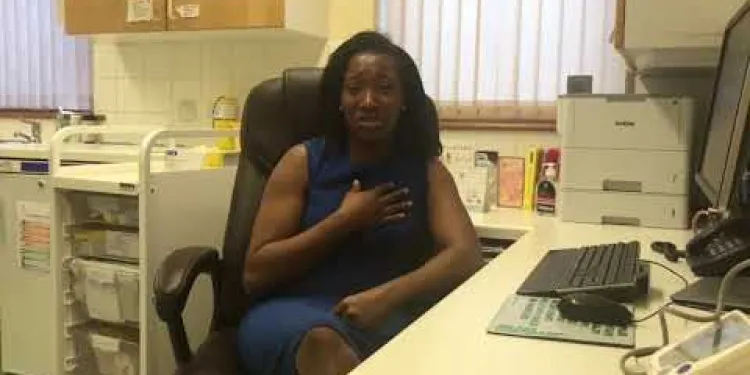
What should you do if you have a cough or cold?
Relevance: 100%
-

What are the common symptoms of a cold?
Relevance: 69%
-

How to treat a cold | NHS
Relevance: 65%
-
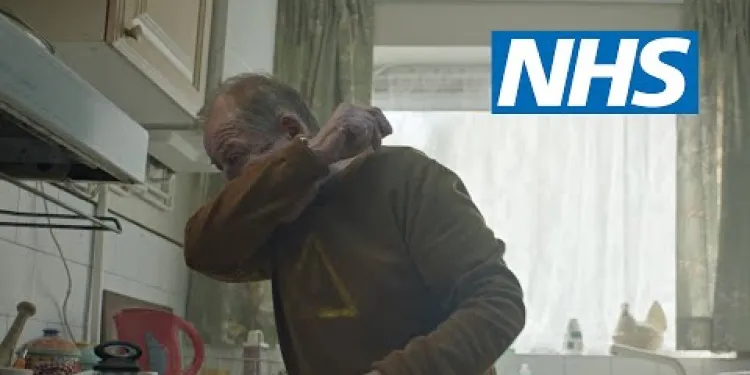
Had a cough for three weeks or more? It could be a warning sign | NHS
Relevance: 64%
-

Can I use a humidifier to help with my cold symptoms?
Relevance: 64%
-
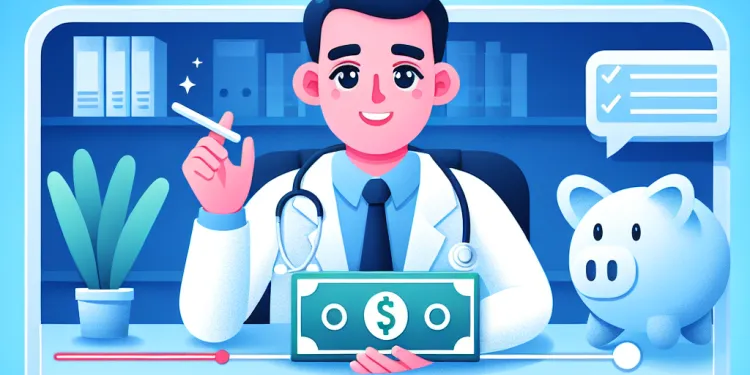
Should I see a doctor for a cold?
Relevance: 63%
-

How to Treat a Common Cold
Relevance: 60%
-

Can cold weather cause a cold?
Relevance: 57%
-

How do I treat my child's cold? (9 - 30 months) | NHS
Relevance: 57%
-
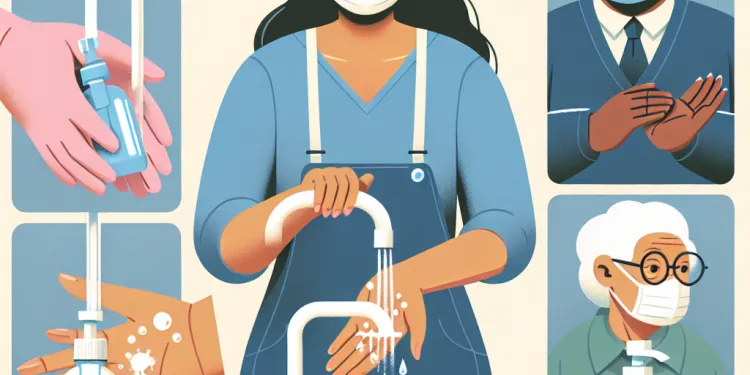
How can I prevent spreading my cold to others?
Relevance: 57%
-
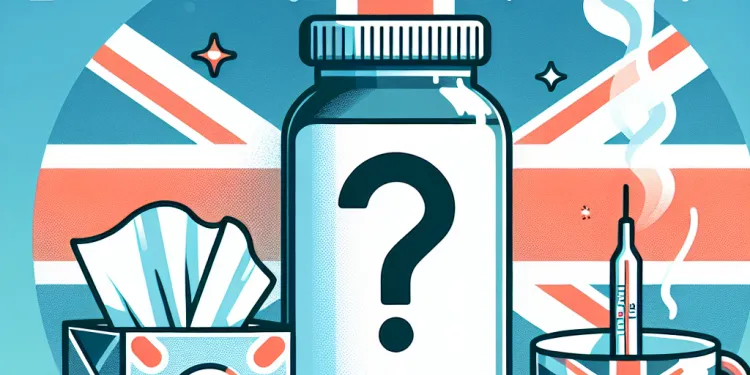
Can I take antibiotics for a cold?
Relevance: 56%
-

Is it safe to exercise with a cold?
Relevance: 56%
-

How long does a common cold typically last?
Relevance: 56%
-

Is there a way to cure a cold quickly?
Relevance: 53%
-
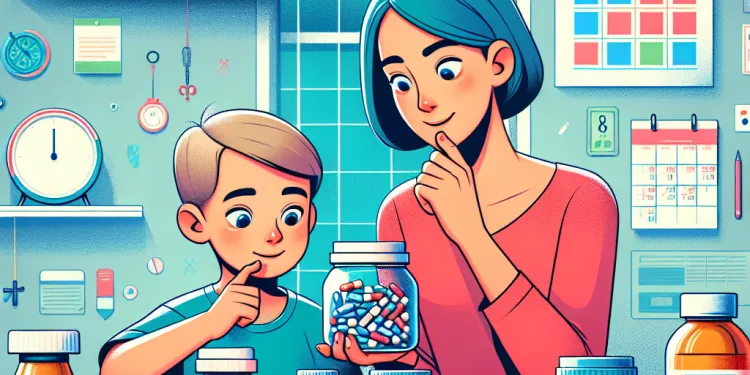
Can children take the same cold medications as adults?
Relevance: 53%
-
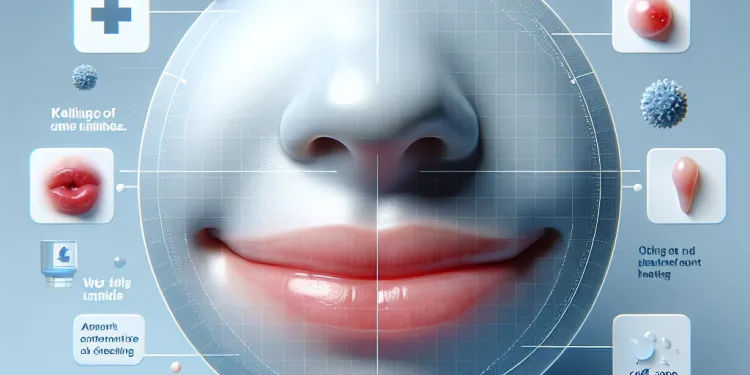
What are Cold Sores?
Relevance: 52%
-

Is there a cure for cold sores?
Relevance: 52%
-

Are cold sores contagious?
Relevance: 52%
-
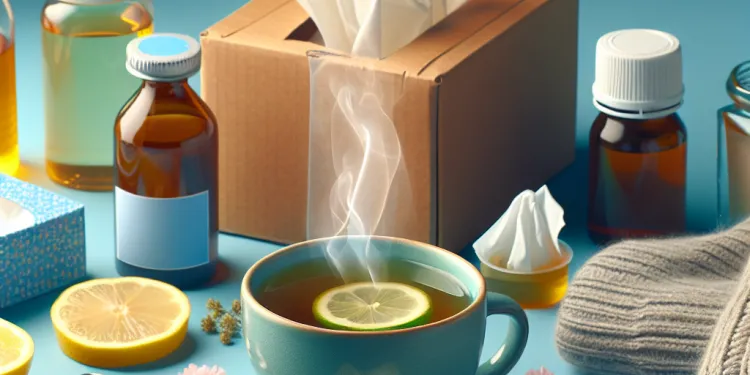
How can I treat a cold at home?
Relevance: 51%
-

What causes cold sores?
Relevance: 50%
-

What are the symptoms of a cold sore?
Relevance: 50%
-
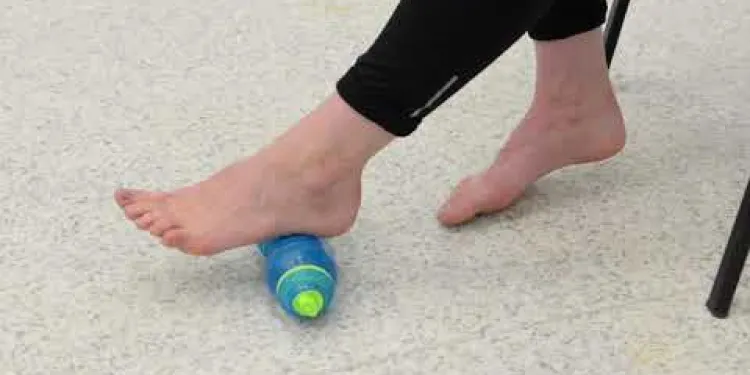
Plantar Fascia Cold Therapy
Relevance: 50%
-

How are cold sores transmitted?
Relevance: 50%
-
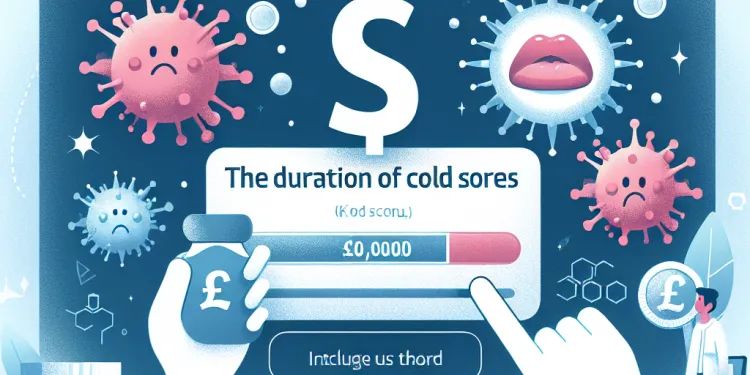
How long do cold sores last?
Relevance: 48%
-

What triggers a cold sore outbreak?
Relevance: 48%
-

Is Vitamin C effective against colds?
Relevance: 48%
-

How can I prevent cold sores?
Relevance: 47%
-

Is it safe to take cold showers during a heatwave?
Relevance: 47%
-

Can orange juice help prevent colds?
Relevance: 45%
-
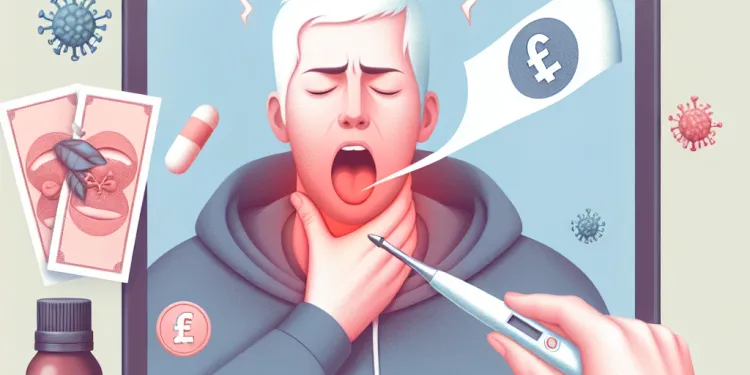
What is the best way to treat a sore throat from a cold?
Relevance: 45%
-

Is it okay to use ice packs or cold showers to cool down?
Relevance: 43%
-

Can I receive the Warm Home Discount and Cold Weather Payment?
Relevance: 42%
-

Honey 'as good as antiviral creams' for cold sores | NHS Behind the Headlines
Relevance: 42%
-
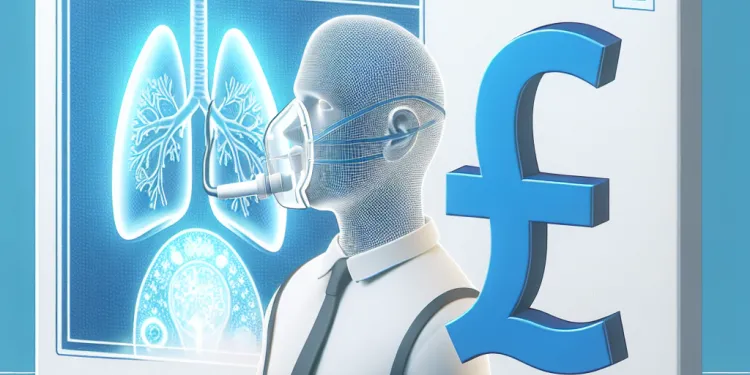
What are the common symptoms of asthma?
Relevance: 37%
-

Dealing with Common Childhood Illnesses
Relevance: 34%
-

Can hay fever symptoms mimic other conditions?
Relevance: 32%
-
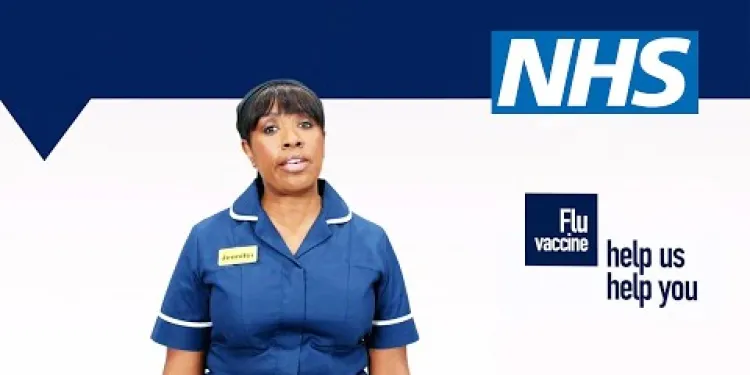
Just the flu? | NHS
Relevance: 31%
-
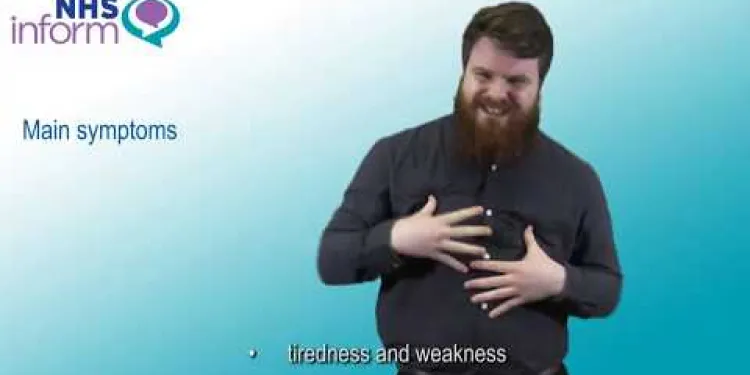
Symptoms of flu (influenza)
Relevance: 28%
-
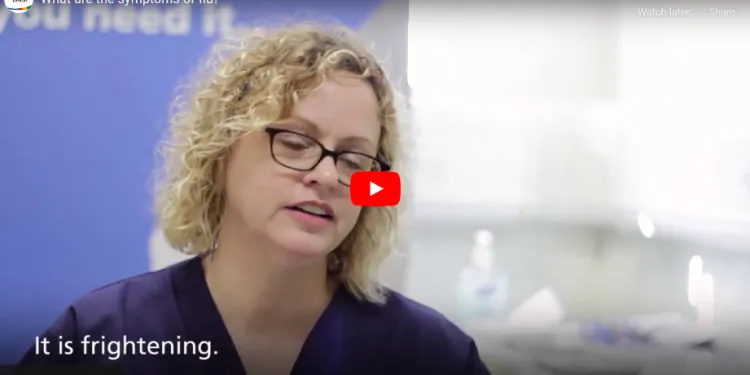
What are the symptoms of flu ?
Relevance: 27%
-

Understanding and Managing Respiratory Illnesses in Families
Relevance: 27%
What Should You Do if You Have a Cough or Cold?
Recognize Symptoms
A cough or cold can present a range of symptoms including a sore throat, runny nose, congestion, sneezing, and mild fever. Recognizing these early signs helps to prevent the spread of illness and initiate appropriate self-care measures.Stay Hydrated
Drinking plenty of fluids can help loosen congestion and keep your throat moist. In the UK, popular options include water, herbal teas, and hot drinks like lemon with honey. Avoid caffeinated beverages and alcohol as they can dehydrate you.Rest and Relax
Getting adequate rest is crucial when you're battling a cough or cold. Aim for 7-8 hours of sleep per night and take naps if you feel particularly weak or fatigued. Limit physical activity to allow your body to recuperate.Use Over-the-Counter Medication
Pharmacists in the UK can recommend suitable over-the-counter medications to manage your symptoms. Common options include paracetamol for pain and fever, decongestants for a blocked nose, and lozenges for a sore throat. Always read the label and follow the recommended dosage.Practice Good Hygiene
To prevent the spread of your illness, practice good hygiene. Wash your hands frequently with soap and water for at least 20 seconds. Use tissues to cover your mouth when coughing or sneezing and dispose of them immediately. Don't forget to sanitize commonly touched surfaces.Stay at Home
If you have a cough or cold, consider staying home from work or school to avoid infecting others. The NHS recommends staying at home until you feel well enough to return to your daily activities, especially if you have a fever.Seek Medical Advice if Necessary
While most colds and coughs can be treated at home, there are instances when you should seek medical advice. Contact your GP if you experience severe symptoms, persistent fever, chest pain, or if you have underlying health conditions such as asthma or a weakened immune system.Consider Natural Remedies
In the UK, many people opt for natural remedies such as drinking hot tea with honey, taking ginger or garlic supplements, and using steam inhalation to relieve congestion. Natural remedies can complement traditional medications but should not replace them entirely.Boost Your Immune System
Eat a balanced diet rich in fruits, vegetables, and whole grains to support your immune system. Foods high in vitamin C, like oranges and strawberries, can be particularly beneficial. Additionally, consider a daily multivitamin to ensure you're getting essential nutrients.Monitor Your Symptoms
Keep track of your symptoms and seek medical advice if you notice any worsening or new symptoms. Persistent coughs lasting more than three weeks, or any difficulty breathing, should be evaluated by a healthcare professional. This HTML content provides comprehensive advice aimed at readers in the UK on what to do if they have a cough or cold. It covers essential aspects from symptom recognition to when to seek medical advice, ensuring a reader can manage their illness effectively.What to Do if You Have a Cough or Cold
Know What a Cough or Cold Feels Like
When you have a cough or cold, you might get a sore throat, runny nose, stuffy nose, sneeze, or have a mild fever. Knowing these signs early can help you take care of yourself and stop others from getting sick.Drink Lots of Fluids
Drink a lot of liquids to help with stuffy noses and sore throats. In the UK, people usually drink water, herbal teas, and hot drinks like lemon with honey. Don't drink too many fizzy drinks or alcohol because they can make you thirsty.Rest and Take It Easy
Resting is important when you're sick with a cough or cold. Try to sleep 7-8 hours every night. You can also take naps if you feel tired. Don't do too much so your body can get better.Use Medicine from the Shop
Pharmacists in the UK can help you choose medicine you can buy without a prescription. You can get paracetamol for pain and fever, decongestants for a stuffy nose, and lozenges for a sore throat. Remember to read the label and take the right amount.Stay Clean and Germ-Free
Wash your hands often with soap and water for 20 seconds to stop germs from spreading. Use a tissue when you cough or sneeze and throw it away right away. Clean things you touch a lot.Stay at Home
If you are sick with a cough or cold, stay home from school or work so you don't give it to others. The NHS says to stay home until you feel good again, especially if you have a fever.Get Help from a Doctor if Needed
Most colds and coughs can be taken care of at home. But if you feel very sick, or have a long-lasting fever, chest pain, or other health problems like asthma, call your doctor.Try Safe Home Remedies
In the UK, many people like safe home remedies, like drinking hot tea with honey, taking ginger or garlic, and breathing in steam to help with a stuffy nose. These should not replace medicine completely, but they can help.Eat Healthy to Stay Strong
Eat fruits, vegetables, and whole grains to help your body fight sickness. Foods with vitamin C like oranges and strawberries can help a lot. You might also take a daily vitamin.Watch How You Feel
Keep an eye on how you feel. If your cough lasts more than three weeks or if you have trouble breathing, see a doctor. This will help make sure you are getting better.Frequently Asked Questions
What should I do if I have a cough or cold?
Stay hydrated, get plenty of rest, and use over-the-counter medications to ease symptoms.
How long is a common cold contagious?
A cold is usually most contagious in the first 2-3 days. It can still be spread for up to two weeks.
When should I see a doctor for a cough or cold?
You should see a doctor if your symptoms last more than 10 days, get worse, or if you have difficulty breathing, chest pain, or a very high fever.
Are antibiotics necessary for a cough or cold?
Antibiotics are not effective against colds or coughs as they are usually caused by viruses.
Can I go to work or school with a cough or cold?
If possible, it’s best to stay home to avoid spreading the illness, especially if you have a fever or severe symptoms.
What over-the-counter medications can help with a cough or cold?
Paracetamol or ibuprofen can help relieve pain and reduce fever. Decongestants and cough syrups can also alleviate symptoms.
How can I prevent spreading my cold to others?
Wash your hands frequently, use tissues when you cough or sneeze, and avoid close contact with others.
Can a cough or cold turn into something more serious?
While rare, colds can lead to secondary infections like bronchitis or pneumonia, particularly in people with weakened immune systems.
What home remedies can help with a cough or cold?
Honey and lemon in hot water, inhaling steam, and gargling salt water can help soothe symptoms.
Is it safe to exercise with a cough or cold?
Mild to moderate exercise might be okay if your symptoms are above the neck, but it’s best to rest if you have symptoms below the neck or a fever.
Should I avoid dairy if I have a cough or cold?
There is no scientific evidence that dairy products increase mucus, so they can generally be consumed as normal.
Can taking vitamin C help cure a cold?
Vitamin C can slightly reduce the duration of a cold if taken regularly, but it won't cure it.
Is it okay to take a hot shower when I have a cold?
Yes, a hot shower can help alleviate congestion and provide relief.
What foods are best to eat when I have a cough or cold?
Warm, easy-to-digest foods like soup, broths, and herbal teas are generally soothing.
Can alcohol make my cold worse?
Yes, alcohol can dehydrate you and weaken your immune system, so it’s best to avoid it.
What to Do If You Have a Cough or Cold
If you have a cough or cold, here are some simple steps to help you feel better:
- Rest: Get plenty of sleep. This helps your body fight the illness.
- Drink Water: Drink lots of water. This keeps you from getting too dry inside.
- Stay Warm: Keep warm by wearing comfortable clothes and using blankets.
- Eat Healthy: Eat fruits and vegetables. They help your body feel strong.
- Use a Tissue: Cover your mouth with a tissue when you cough or sneeze. Throw the tissue away afterwards.
- Wash Your Hands: Wash your hands often. This keeps germs away.
If you feel very sick or don't get better, ask a grown-up to help you see a doctor.
Drink lots of water, get enough sleep, and use medicine from the store to feel better.
How Long Can You Spread a Cold?
When you have a cold, you can pass it to other people. This happens when you cough or sneeze. The cold can start to spread even before you feel sick. You can usually give the cold to others for about 7 days. Make sure to wash your hands and cover your mouth when you sneeze to help stop the spread.
If you need extra help to understand, you can ask someone to explain it to you or look at pictures. Using a calendar can help you count the days.
A cold can be shared easily in the first 2 to 3 days. People can still spread it for up to two weeks.
When should I go to the doctor for a cough or cold?
If you have a cough or cold, here's when to see a doctor:
- Your cough or cold lasts more than 2 weeks.
- You have trouble breathing.
- You have a fever that doesn’t go away.
- You feel very bad or very tired.
If you're not sure, ask an adult to help you decide.
Talking to a doctor can help you feel better. Remember, it's always okay to ask for help!
Go to the doctor if:
- You have been sick for more than 10 days.
- Your sickness gets worse.
- You have trouble breathing.
- Your chest hurts.
- You have a very high fever.
If you find it hard to read, here are some helpful tools:
- Ask someone to read it aloud to you.
- Use a ruler or finger to follow the words as you read.
- Read one sentence at a time and take breaks.
Do you need antibiotics for a cough or a cold?
If you have a cough or a cold, you might wonder if you need medicine called antibiotics. Antibiotics help fight germs called bacteria. But, coughs and colds are usually caused by germs called viruses.
Antibiotics do not work on viruses. So, if you have a cough or a cold, antibiotics might not help you feel better.
Instead, try these tips:
- Rest and sleep well.
- Drink lots of water and warm drinks.
- Use tissues to cover your mouth when you cough or sneeze.
- Wash your hands often to keep germs away.
Antibiotics do not work for colds or coughs because these are usually caused by germs called viruses.
Can I go to work or school if I have a cough or cold?
If you have a cough or cold, it is a good idea to rest at home. This will help you feel better soon, and it stops germs from spreading to others.
If you are not sure what to do, you can ask an adult for help. You can also use online health websites like NHS or talk to a nurse or doctor.
Remember to drink lots of water and get plenty of sleep. This helps your body get better quickly.
If you can, stay at home. This helps stop spreading your sickness. It's really important if you have a high temperature or feel very sick.
What can you take from the store to help with a cough or cold?
Paracetamol and ibuprofen can make pain go away and help if you have a fever. Medicines for stuffy noses and coughs can also make you feel better.
How can I stop giving my cold to other people?
Wash your hands a lot. Use a tissue when you cough or sneeze. Stay away from other people if you can.
Can a cough or cold become something worse?
A cough or a cold can sometimes get worse and make you really sick. It is good to rest and drink lots of water. If you feel really bad or have a hard time breathing, tell an adult or go to the doctor.
Using a tool like a thermometer can help check your temperature. It's also helpful to wash your hands often to stop spreading germs.
Sometimes, when people have a cold, they can get other illnesses like bronchitis or pneumonia. This doesn't happen often, but it can happen more to people whose bodies are not as strong at fighting germs.
What can you do at home to feel better with a cough or cold?
Here are some simple things you can try:
- Drink warm drinks like tea or soup. They can make your throat feel better.
- Rest as much as you can. Your body needs sleep to get better.
- Use a pillow to keep your head up when you sleep. It can help you breathe easier.
- Eat foods with vitamins, like fruits and vegetables. They can help your body fight the cold.
- If your nose is stuffy, breathe in steam from a bowl of hot water. Be careful with hot water!
- Tell a grown-up how you feel. They can help you.
Remember, if you feel very sick, talk to a doctor.
There are some simple ways to feel better:
- Drink warm water with honey and lemon.
- Breathe in steam, like from a warm bath or bowl of hot water.
- Gargle with warm salt water.
These can help if you're feeling sick.
Can I exercise if I have a cough or cold?
If you have a cough or a cold, it might be best to rest. Your body needs energy to get better.
Here are some things you can do:
- Drink lots of water. It helps you stay hydrated.
- Rest as much as you can. Sleeping helps you heal.
- Ask a grown-up if you can take medicine to feel better.
If you feel very sick, tell an adult. They can help you find the right care.
If you have a stuffy nose or a sore throat, you can do light exercise. But if you have a fever or your body hurts, it’s better to rest.
Should I avoid milk and cheese if I have a cough or cold?
If you have a cough or a cold, you might wonder if drinking milk or eating cheese is okay. Here are some simple things to think about:
- Some people feel that milk makes mucus in their throat thicker. This might make coughing worse for them.
- Others don't notice any difference when they have dairy.
- If dairy makes you feel worse, try drinking water or juice instead.
Here are some tips if you have a cough or cold:
- Drink plenty of water and rest.
- Eat soups and foods that are easy to swallow.
Remember, everyone's body is different. You can see what works best for you. If you are not sure, you can talk to a doctor or a nurse.
Scientists say there's no proof that milk or cheese make more mucus. So, it's usually okay to eat them like you always do.
Can Vitamin C Help Make a Cold Get Better?
If you have a cold, can Vitamin C help you feel better?
Vitamin C is found in fruits like oranges.
Some people say Vitamin C can help make colds go away faster.
Here are some ideas to help you learn:
- Use pictures of Vitamin C foods like oranges.
- Listen to someone read this to you.
- Talk with someone about Vitamin C and colds.
Vitamin C can help make a cold go away a little quicker if you take it often, but it will not make the cold disappear completely.
Can I take a hot shower if I have a cold?
Yes, taking a hot shower is okay when you have a cold. It might help you feel better.
The steam from the shower can help clear your stuffy nose. It can also make you feel warm and relaxed.
Remember to drink lots of water and get plenty of rest when you are sick.
Yes, a hot shower can help when your nose is stuffy. It can make you feel better.
What are the best foods to eat when I have a cough or cold?
When you have a cough or cold, eating the right foods can help you feel better. Here are some easy-to-eat foods that are good for you:
- Chicken soup: It is warm and can make your throat feel better.
- Fruits: Oranges and strawberries have vitamin C that helps fight colds.
- Yogurt: It has good bacteria to keep your body strong.
- Honey: A spoonful can sooth a sore throat.
- Ginger tea: It can help clear your nose and make you feel warm.
Try to drink lots of water. Resting and eating these foods can help you get well soon.
If you need help to read better, you can ask someone to read with you or listen to an audio version.
Warm and soft foods like soup, broths, and herbal teas are calming and easy to eat.
Does drinking alcohol make my cold worse?
Drinking alcohol might make you feel more sick if you have a cold. It can make it harder for your body to fight the cold. Try to drink water or juice instead. You can also rest and take medicine to help you get better.
Yes, drinking alcohol can make your body lose water. It can also make it harder for your body to stay healthy. So, it is a good idea not to drink alcohol.
Useful Links
This website offers general information and is not a substitute for professional advice.
Always seek guidance from qualified professionals.
If you have any medical concerns or need urgent help, contact a healthcare professional or emergency services immediately.
Some of this content was generated with AI assistance. We’ve done our best to keep it accurate, helpful, and human-friendly.
- Ergsy carfully checks the information in the videos we provide here.
- Videos shown by Youtube after a video has completed, have NOT been reviewed by ERGSY.
- To view, click the arrow in centre of video.
- Most of the videos you find here will have subtitles and/or closed captions available.
- You may need to turn these on, and choose your preferred language.
- Go to the video you'd like to watch.
- If closed captions (CC) are available, settings will be visible on the bottom right of the video player.
- To turn on Captions, click settings .
- To turn off Captions, click settings again.
More Items From Ergsy search
-

What should you do if you have a cough or cold?
Relevance: 100%
-

What are the common symptoms of a cold?
Relevance: 69%
-

How to treat a cold | NHS
Relevance: 65%
-

Had a cough for three weeks or more? It could be a warning sign | NHS
Relevance: 64%
-

Can I use a humidifier to help with my cold symptoms?
Relevance: 64%
-

Should I see a doctor for a cold?
Relevance: 63%
-

How to Treat a Common Cold
Relevance: 60%
-

Can cold weather cause a cold?
Relevance: 57%
-

How do I treat my child's cold? (9 - 30 months) | NHS
Relevance: 57%
-

How can I prevent spreading my cold to others?
Relevance: 57%
-

Can I take antibiotics for a cold?
Relevance: 56%
-

Is it safe to exercise with a cold?
Relevance: 56%
-

How long does a common cold typically last?
Relevance: 56%
-

Is there a way to cure a cold quickly?
Relevance: 53%
-

Can children take the same cold medications as adults?
Relevance: 53%
-

What are Cold Sores?
Relevance: 52%
-

Is there a cure for cold sores?
Relevance: 52%
-

Are cold sores contagious?
Relevance: 52%
-

How can I treat a cold at home?
Relevance: 51%
-

What causes cold sores?
Relevance: 50%
-

What are the symptoms of a cold sore?
Relevance: 50%
-

Plantar Fascia Cold Therapy
Relevance: 50%
-

How are cold sores transmitted?
Relevance: 50%
-

How long do cold sores last?
Relevance: 48%
-

What triggers a cold sore outbreak?
Relevance: 48%
-

Is Vitamin C effective against colds?
Relevance: 48%
-

How can I prevent cold sores?
Relevance: 47%
-

Is it safe to take cold showers during a heatwave?
Relevance: 47%
-

Can orange juice help prevent colds?
Relevance: 45%
-

What is the best way to treat a sore throat from a cold?
Relevance: 45%
-

Is it okay to use ice packs or cold showers to cool down?
Relevance: 43%
-

Can I receive the Warm Home Discount and Cold Weather Payment?
Relevance: 42%
-

Honey 'as good as antiviral creams' for cold sores | NHS Behind the Headlines
Relevance: 42%
-

What are the common symptoms of asthma?
Relevance: 37%
-

Dealing with Common Childhood Illnesses
Relevance: 34%
-

Can hay fever symptoms mimic other conditions?
Relevance: 32%
-

Just the flu? | NHS
Relevance: 31%
-

Symptoms of flu (influenza)
Relevance: 28%
-

What are the symptoms of flu ?
Relevance: 27%
-

Understanding and Managing Respiratory Illnesses in Families
Relevance: 27%


